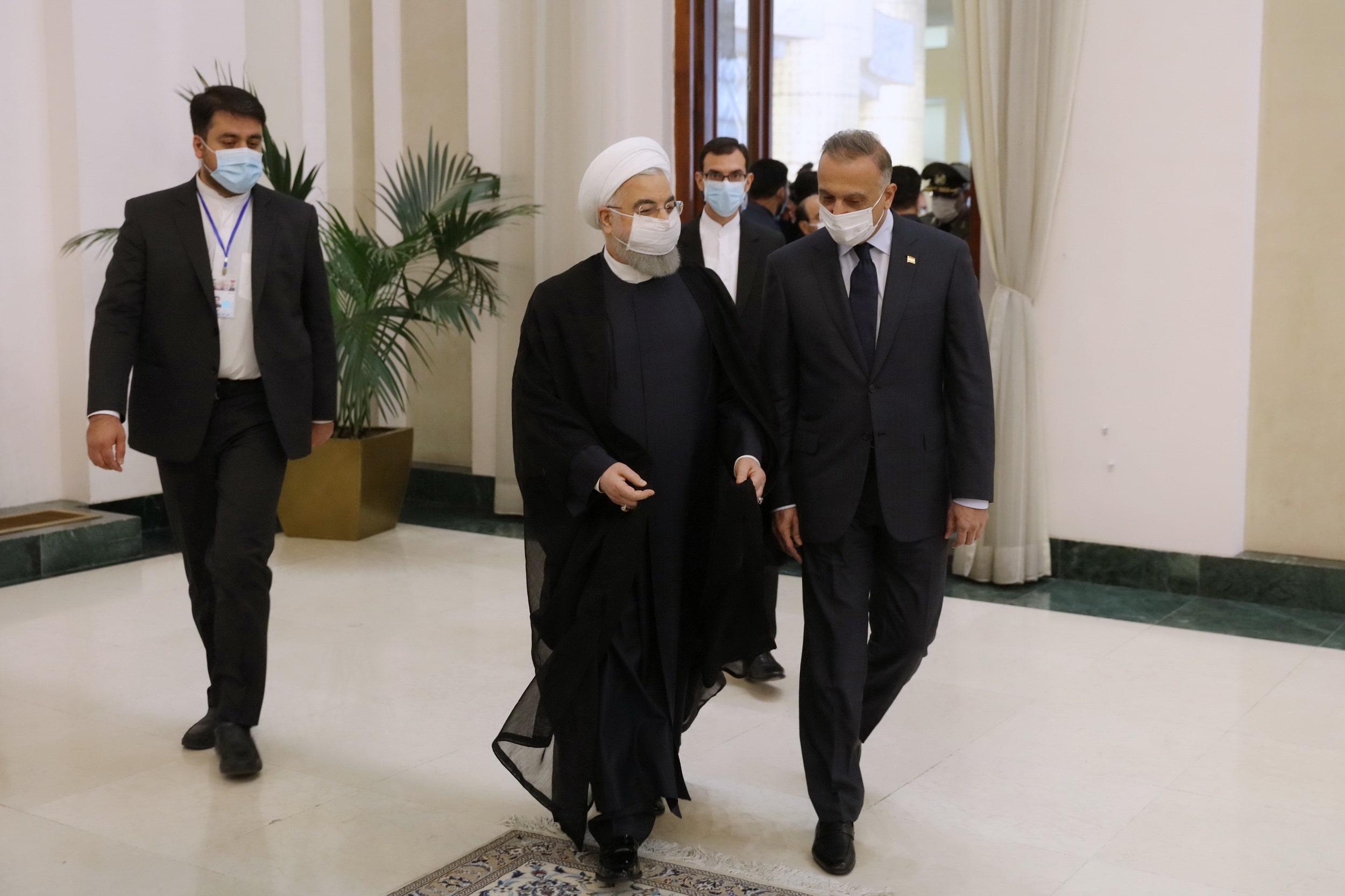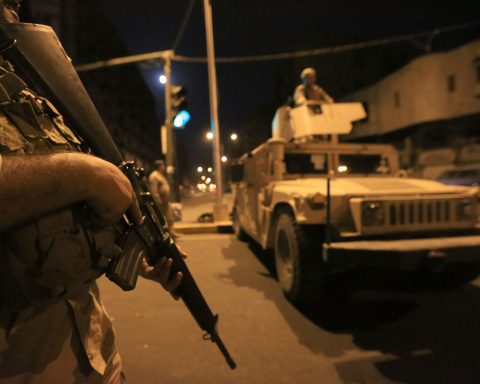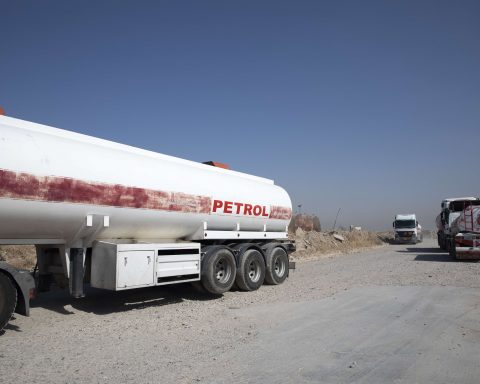On Sunday, the Financial Times (FT) reported that Saudi Arabia and Iran held direct talks in Baghdad to repair relations. According to the report, the talks were materialized through Iraqi efforts. This came amid a medium where nuclear talks between Iran and the US have been ongoing in Vienna, and when Iranian-backed Houthi offensives targeting Saudi soil have accelerated.
According to a quote from an official involved in the talks, the first round of negotiations was held in the Iraqi capital on April 9 and was positive. However, it has also been stated that both Iranian and Saudi officials denied that such a meeting has occurred.
Iraqi Prime Minister Mustafa Al-Kadhimi spent special efforts to facilitate the negotiations between the two rivals, the FT reported. Kadhimi has been acting as a “bridge” between Iran and Saudi Arabia, it added. In this sense, Kadhimi’s visit to Riyadh to meet Crown Prince Mohammed bin Salman last month comes to the forefront.
The diplomatic ties between Saudi Arabia and Iran were cut five years ago over an incident when the Saudi embassy in Tehran was attacked by an angry crowd due to the execution of prominent Saudi Shia cleric Sheikh Nimr Al-Nimr. Besides, these two countries have been on opposite sides of Yemen’s civil war. Iran is backing the Houthi group while the Saudi-led coalition is supporting the internationally recognized Yemeni government forces.
Another subject of dispute between the two countries is the 2015 nuclear agreement. Saudi Arabia had opposed signing such an agreement. When then-president Donald Trump unilaterally withdrew from the 2015 nuclear accord in 2018 and reimposed sanctions on Iran, Riyadh showed up once again and supported the US move. Now, as the negotiations to revive the nuclear deal are ongoing in Vienna, Saudi Arabia called on the signatory parties to revise the agreement with stronger provisions and stated that Gulf Arab states should take part in the negotiations.














